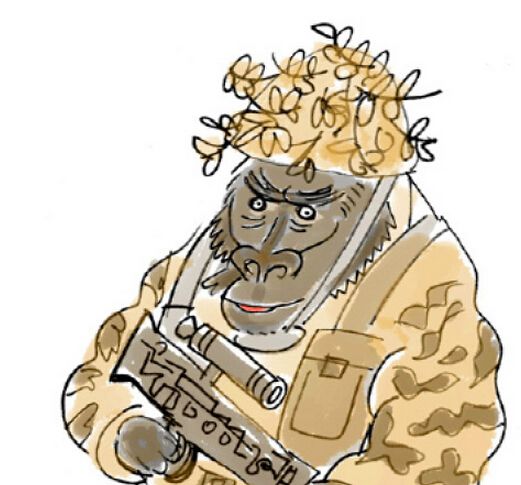趣味漫画:辨别5组傻傻分不清的英文单词
|
爱思英语编者按:在英语中有很多听起来一样,但是意思大相径庭的词语。下面的漫画会告诉你即使只是个简单的拼写错误会造成多么尴尬的效果! 趣味漫画:辨别5组傻傻分不清的英文单词 在英语中有很多听起来一样,但是意思大相径庭的词语。下面的漫画会告诉你即使只是个简单的拼写错误会造成多么尴尬的效果!
Bear feet or bare feet? Bear and bare are often confused when used as verbs. While bare means ‘to uncover (a part of the body or other thing) and expose it to view’, the verb bear relates to carrying or supporting, both literally and figuratively. Bear can, of course, be a noun –denoting the furry animal. Bare, on the other hand, can also be used as an adjective, meaning ‘not clothed or covered’. So it does make quite a difference whether someone has bear feet or bare feet.
A stationery car or a stationary car? Another very common mistake is to confuse stationary and stationery. The two have the same pronunciation and their spelling is very similar, but while stationary is an adjective meaning ‘not moving’, stationery is a noun referring to writing materials.
A dessert island or a desert island? While the prospect of stranding on a dessert island may sound quite appealing to some, you’d probably be more likely to end up on a desert island after having survived a shipwreck. Similarly to the stationary and stationery confusion, a single letter can make a big difference here. Desert can be used both as a noun and a verb, meaning ‘a waterless, empty area’and ‘to abandon someone’, respectively. A dessert, on the other hand, is the sweet course of a meal.
A supermarket isle or a supermarket aisle? There may be no such things as dessert islands, but what about supermarket isles? The homophones isle and aisle are both nouns, with the former referring to an island, and the latter to a passage between rows of seats. Thus, you’d perhaps come across an aisle rather than an isle while doing your grocery shopping.
A gorilla soldier or a guerrilla soldier? Gorillas are not necessarily known for their combative, militant nature, but guerrillas certainly are. Although gorilla can be informally used to describe a person, or more specifically, ‘a heavily built aggressive-looking man’, in a military context, speaking of guerrilla soldiers makes more sense, as it refers to ‘a member of a small independent group taking part in irregular fighting’. |













